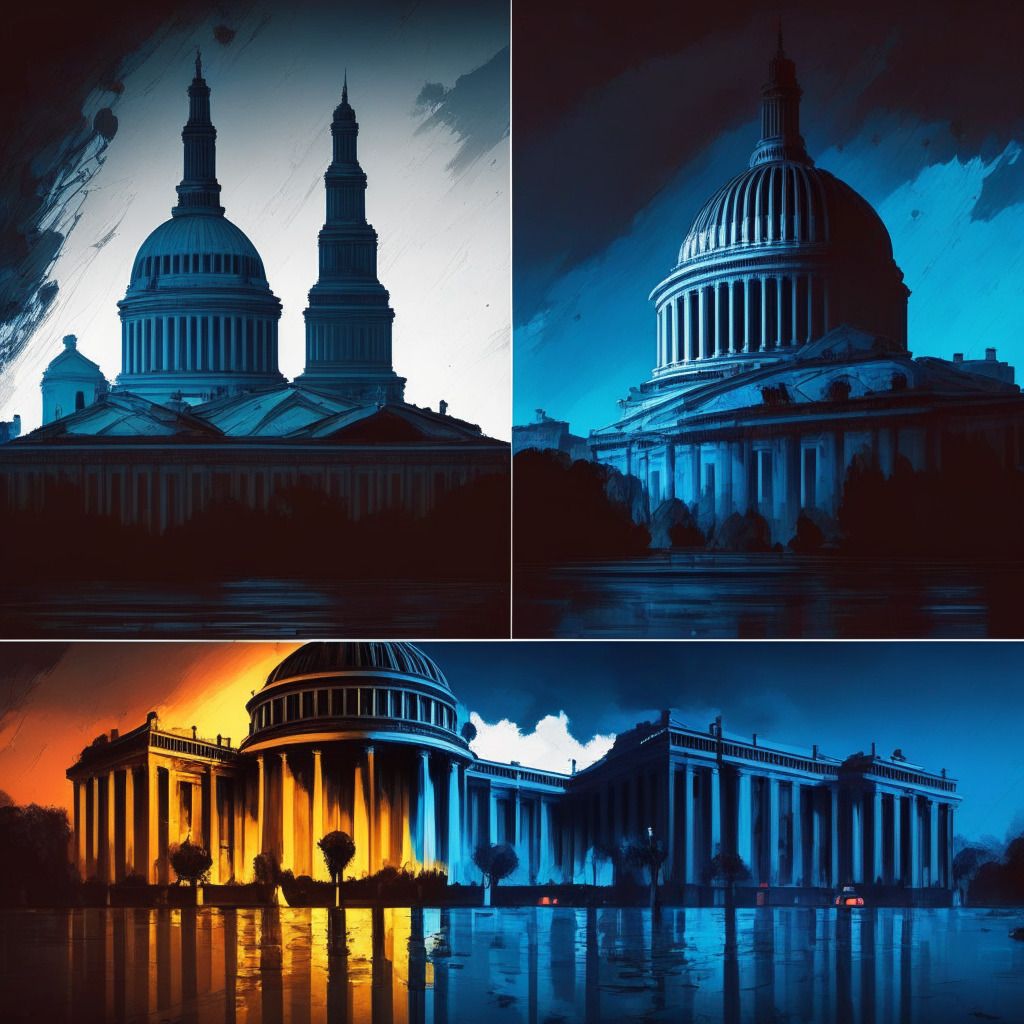Members of the United States House of Representatives’ Financial Services and Agriculture Committees have recently highlighted the regulatory gaps that currently exist in the country’s crypto asset frameworks. They’ve pointed to the European Union’s Markets in Crypto Assets (MiCA) framework and digital asset regulation in the United Kingdom as advanced systems that contrast starkly to the patchwork of requirements that currently beset the US.
In a joint hearing held on May 10th concerning the future of digital asset regulation, Kraken chief legal officer Marco Santori stated that the US-based crypto exchange has made plans to invest in the EU and is in the process of investing in the UK. He asserted that the US regulatory environment is difficult to assess and has left the country “significantly behind” G20 jurisdictions like the EU and the UK, which boast sophisticated financial services markets and technology industries.
House Financial Services Committee ranking member Maxine Waters acknowledged the lack of clarity among US regulators like the Commodity Futures Trading Commission and the Securities and Exchange Commission. She mentioned that there have been some efforts to establish an “entirely new market structure” for crypto in the US to address these gaps.
Wisconsin Representative Bryan Steil added that the US Congress is ready to provide crypto regulation but noted that there is a “much more forward-thinking approach” in Switzerland and Europe. Web3 Foundation chief legal officer Daniel Schoenberger, in response to Steil’s inquiry, praised Switzerland’s early provision for a clear regulatory framework which provided legal certainty for businesses and ensured immediate legal clarity around classifications.
Steil implied that jurisdictions like the EU with MiCA, Dubai with its Virtual Assets Regulatory Authority, Singapore, and South Korea are driving innovation by putting forth rules and regulations that govern digital assets rather than merely relying on regulatory approaches. Such an approach, he suggested, could encourage investment and innovation in the US crypto market.
In the coming weeks, Congress has scheduled multiple hearings on digital asset regulation as well as on the recent failure of major banks and oversight of federal financial regulators. These hearings could play a crucial role in shaping the future of digital assets in the United States, and whether the nation will catch up to its counterparts in Europe in terms of providing a clear and comprehensive regulatory framework.
To conclude, the US’ current patchwork of crypto asset frameworks has left the nation behind in comparison to many G20 counterparts, such as the EU and the UK. The acknowledgment by lawmakers of the need to address this disparity and formulate clearer regulations may well be the vital first step in fostering a more appealing regulatory landscape for digital assets in the United States.
Source: Cointelegraph




